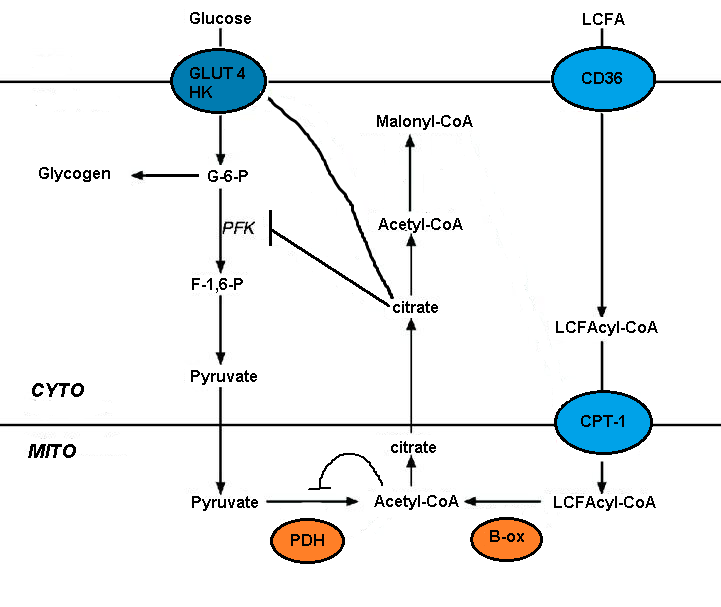Hey, guys! Sorry it's been pretty quiet over here. Truth is, I haven't been doing too much new stuff this week. That's not to say I haven't been learning anything, but mostly I've been applying what I have learned to papers I've been reading. Later this week I'll probably get into some of that.
 |
| A taste of what awaits. |
Now, as should come as a surprise to all who don't actually read my weird post titles, I attended a conference/seminar thing yesterday about the link between diabetes and cardiovascular disease. Since it was aimed towards doctors and medical students and was primarily about what methods physicians could use to diagnose and treat disease, I was
completely lost for part of the time.
 |
| Pictured: me. |
The whole spiel consisted of discussing insulin resistance (which I've been working on, yay!) and associated risks that have to do with cholesterol and liproproteins (which I need to work more on, since I haven't really gotten into biomarkers yet).
What interested me, though, was the differences in what Dr. Walker has studied and what the general consensus is on the origin of insulin resistance. As I'll get into later in more detail, the American Diabetic Association and other groups of its ilk follow a rather outdated and misinterpreted hypothesis called the Randle Hypothesis, formulated in 1963 by a guy named Randle (
weird, right?). I would link to the Wikipedia page, but it is
horribly written and I hate it.
Anyway, the gist of Randle's theory is that the presence of fat controls how a cell metabolizes fuel in the mitochondria. However, as more recent studies show, it looks like glucose is what really controls metabolism.
The point of that whole tangent above is basically to say that many large corporations use old or outdated studies to recommend medications. As I heard last night, the cause of insulin resistance can be traced to not ectopic fat, but visceral fat.
 |
| More pictures of blobs. |
According to many doctors the presence of visceral fat, which is fat that is not stored as a layer around muscle but within the abdominal cavity, leads to insulin resistance. The speaker gave his reasons but I kind of spaced out and didn't really understand what he was saying.
 |
| I have no idea what you're talking about. |
The thing is, his sources date back to
1997. As in
almost twenty years ago. Now, I'm not taking sides on the visceral fat vs. ectopic fat issue (okay, a little bit, but let's ignore that fact for now). Using sources that are twenty years old (and also disputed as an added fact) doesn't make room for any new information that could emerge and change things. Just an observation.
In other news, hearkening back to the terrible Wikipedia article I mentioned above, I'm going to be helping Dr. Walker and his students edit the page to actually make sense! I'm contributing to Wikipedia! But...I'll get more into that in my next post.
Thanks for reading!










